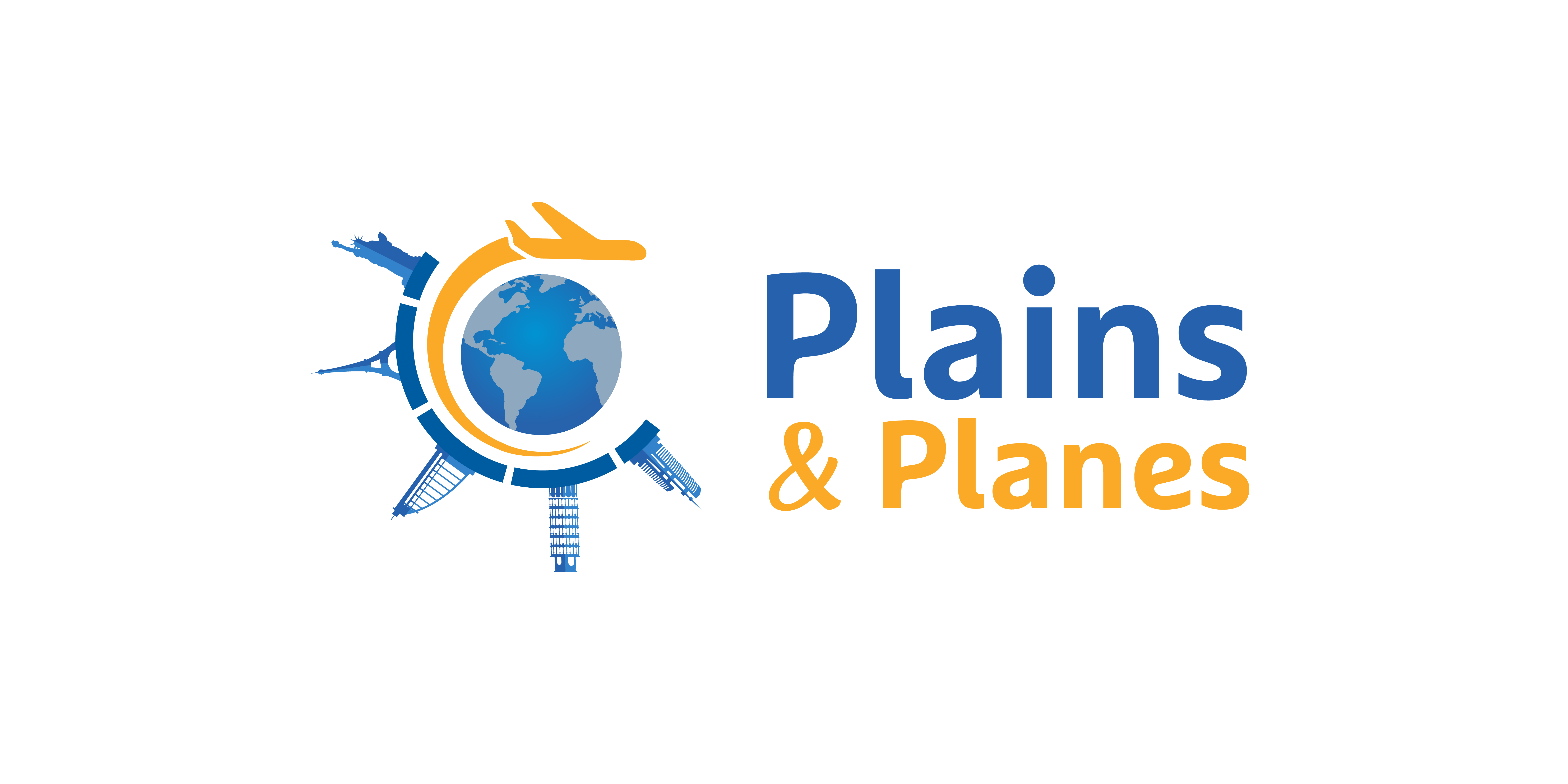UK 2024–25 Immigration Changes: What Pakistani Students Need to Know
The UK 2024–25 immigration changes for Pakistani students have introduced new education and visa rules that significantly impact international students from Pakistan. From stricter financial requirements to limitations on dependents and post-study work options, these reforms require careful planning by prospective Pakistani students.
This article provides a comprehensive overview of the new rules, their implications for Pakistani students at all education levels, and practical recommendations for those pursuing study and work opportunities in the UK.

Tightened Visa Rules for Pakistani Students and Their Families
Over the past two years, the United Kingdom has implemented a series of strict immigration and education reforms that are directly impacting international students, particularly those from Pakistan. These changes stem largely from growing political pressure to reduce net migration, which surpassed 700,000 in 2023. According to the UK Home Office, Pakistani nationals were among the top five recipients of study visas in recent years, making the effects of these reforms especially significant for them. Beginning January 2024, international students pursuing undergraduate or taught postgraduate courses (such as one-year Master’s degrees) are no longer allowed to bring dependents, spouses or children with them. This privilege has been retained solely for students enrolled in research-based postgraduate degrees, such as PhD programs. The decision, introduced in the January 2024 update to the Immigration Rules and confirmed by UK Home Secretary James Cleverly, was part of the government’s broader effort to reduce overall migration figures by discouraging what it described as “side-door immigration” through dependent routes. The rule change has already affected thousands of Pakistani families who had hoped to move together, particularly since most Pakistani students enroll in Master’s-level courses. This isolation not only imposes emotional and psychological pressure on students who must now live apart from their families, but also has financial implications, as students must now independently manage their accommodation, childcare, and emotional well-being without familial support.
Higher Financial Requirements Add New Barriers
Adding to the financial strain is the significant increase in the maintenance fund requirement that came into effect on January 2, 2025. According to the UK Visas and Immigration (UKVI) department, international students must now provide access to £1,483 per month if studying in London or £1,136 if outside London, for up to nine months. This means that a Pakistani student enrolling in a nine-month course in London must show financial access to at least £13,347—an 11% increase from the previous requirement. These updated thresholds are based on revised cost-of-living assessments and aim to ensure that students will not become a public financial burden during their stay. However, they pose a significant barrier for many Pakistani applicants, especially those from middle-income households. The currency conversion from Pakistani rupees to pounds, along with the volatility of Pakistan’s economy, makes it increasingly difficult for families to gather and hold such large sums in personal bank accounts. Moreover, the UK Home Office has begun scrutinizing the authenticity of financial documentation more rigorously, often delaying or denying visas if financial records appear inconsistent or unclear. This has raised concerns among education consultants in Pakistan, who warn that even minor financial discrepancies can now result in a rejection.
According to the updated UKVI rules (January 2025), international students must now show:
- £1,483/month if studying in London (for up to 9 months = £13,347)
- £1,136/month if studying outside London (for up to 9 months = £10,224)
Shrinking Post-Study Work Options and Salary Hurdles
Under the new rules:
- Graduate Route: May be reduced from 2 years to 18 months (under review in 2025 White Paper)
- Skilled Worker visa salary threshold: Increased to £38,700 (from £26,200)
- Immigration Salary List: Now includes fewer eligible job categories
The reforms extend beyond the study period, directly affecting the post-graduation options for Pakistani students. The UK’s Graduate Route visa, which previously allowed
Bachelor’s and Master’s degree holders to stay and work for two years post-study (three years for PhD graduates), is under review. The May 2025 White Paper on immigration, titled “Restoring Control Over the Immigration System”, proposes reducing the Graduate Route to 18 months, citing the need to limit “non-productive migration” and encourage faster integration into the skilled labor market (Migration Observatory, 2025). At the same time, the Skilled Worker visa, another primary route for post-study employment, has been made significantly harder to access. As of April 2024, the salary threshold for most jobs under this route has risen from £26,200 to £38,700. Additionally, the introduction of a revised Immigration Salary List limits eligibility to fewer job categories. In practice, this means a Pakistani graduate must secure a graduate-level job that pays nearly £40,000 per year within 18 months of completing their degree, an unrealistic expectation for many new graduates, especially in sectors like education, hospitality, or creative industries where starting salaries are far lower. Moreover, the White Paper also outlines new conditions for dependents of skilled workers, including English-language proficiency requirements, making the path to settlement even more complex for students who hope to transition into long-term employment and bring family members later.
Rise in Asylum Applications Sparks Crackdown on Pakistani Nationals
Perhaps the most contentious and politically sensitive development relates to asylum. In
2024, Pakistani nationals filed the highest number of asylum claims among all international student overstayers over 10,500 applications, marking a 79% increase from the previous year, according to Home Office figures reported by Sky News and The Guardian. Alarmed by this pattern, UK authorities have begun profiling applicants from countries with high study-to-asylum conversion rates, such as Pakistan, Nigeria, and Sri Lanka. The May 2025 White Paper proposes using student visa data particularly bank statements and accommodation details as evidence against later asylum claims, especially if applicants claim destitution. Under the Illegal Migration Act 2023 and Nationality and Borders Act 2022, irregular asylum seekers now face fast-track removals and reduced access to housing, financial aid, or legal support. While a Pakistani student may initially enter the UK legally, any future asylum claim will be scrutinized harshly. If a student’s bank statement during their visa process showed substantial savings, but they later claim destitution, their application may be rejected as fraudulent. Consequently, even genuine asylum seekers from Pakistan such as those fleeing persecution or violence are likely to face systemic suspicion and bureaucratic obstacles. The broader message from the UK government is clear: the student visa should not be seen as a backdoor to permanent residence or refugee status.
All Categories
Recent Posts
Plains & Planes Exclusive 4 Countries Combo Package
Essential Visit Visa Application Tips 2025: Top 7 Steps for Pakistani Travelers
Tags




